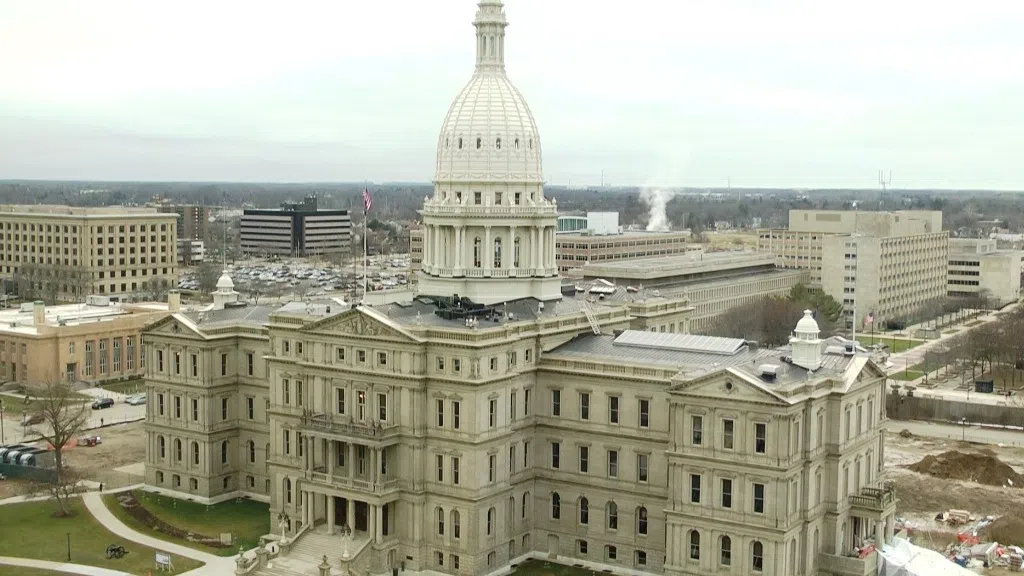This story was produced by My UP News correspondent Andrew Loinser, find the original story here.
The Michigan Legislature took a significant step Thursday as the Michigan GOP passed a bill in the House aimed at preserving the subminimum tipped wage and slowing down scheduled minimum wage hikes. This legislative move follows heated discussions in December when GOP members walked off the House floor in protest of a Democratic initiative to gradually increase the minimum wage while eliminating a $4 tipped wage for servers and bartenders. The current law, passed by Democrats, could see wages rise to over $17 or $18 by 2029, starting with slight increases in February 2025. In response, Republican lawmakers proposed a bill that offers more moderate wage increases at the request of restaurant owners and their lobbyists. “I am happy to see these bills pass with bipartisan support as the Michigan Supreme Court’s decision to eliminate tipped wage and impose burdening mandates was unacceptable in the first place,” said State Rep. Karl Bohnak (R-109th District), a proponent of the new legislation. “While in Lansing, I will always vote to protect our hardworking citizens and small business owners who shape our communities.”
However, the term “bipartisan support” has been a point of contention, as the bill passed mainly along party lines. This bill comes in light of a Supreme Court ruling this fall that upheld the challenged Democratic legislation.
Opposition to the Republican bill arises from groups such as One Fair Wage, represented by former legislator Dave Woodward, who argue that slowing wage increases will negatively impact workers.
“FDR said this when he created the very first minimum wage in this country, ‘If your business is predicated on the notion that employees must earn poverty wages, then your business has no place in this country.
“That really is at the crux of it. Every argument that [the GOP] used in the past against having a minimum wage increase is the very same argument they’re applying here. And it’s false and bogus.”
The group Save MI Tips challenged this premise, highlighting concerns that too drastic an increase in wages too quickly would hurt small businesses still recovering from the pandemic.
“The impact of swift and unsustainable wage increases to an industry still recovering from the pandemic and inflation will be catastrophic,” said a spokesperson for Save MI Tips.
The bill’s fate remains uncertain as it heads to the Democratically controlled Senate. Democratic sources indicate it is unlikely to receive Whitmer’s signature if or when the bill goes to the governor’s desk. Whitmer vetoed 13 bills last year. With this bill, she also faces a Republican effort to curb paid sick leave.







